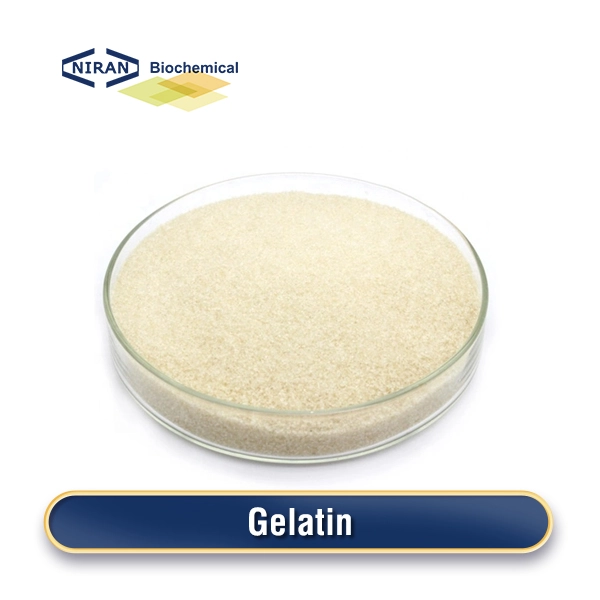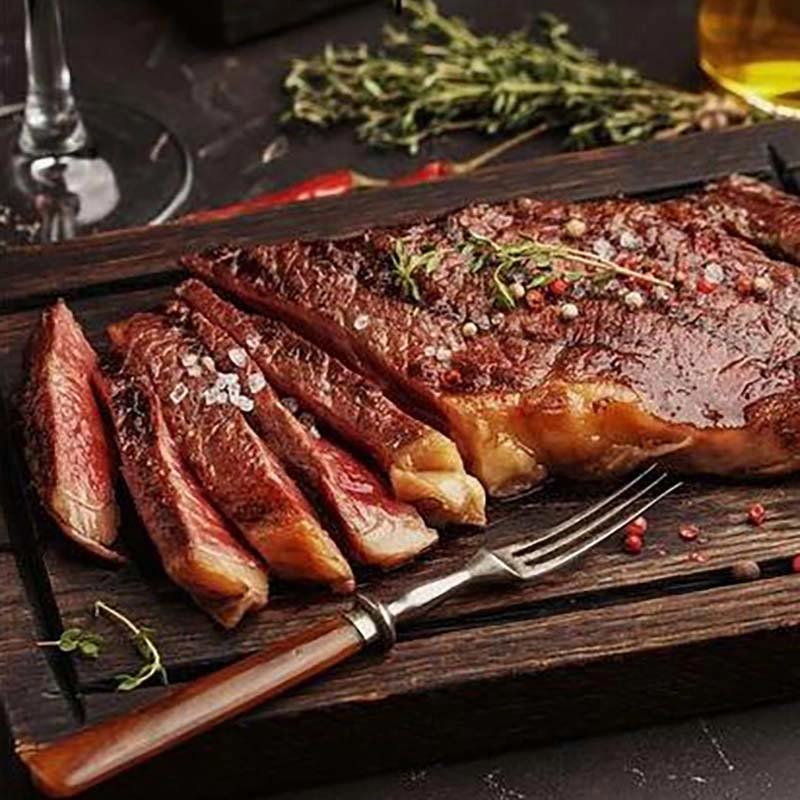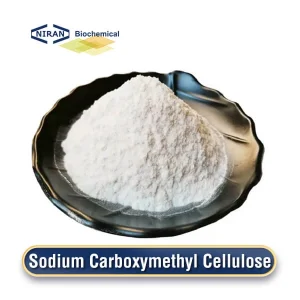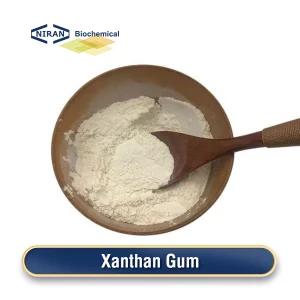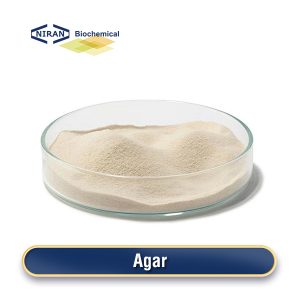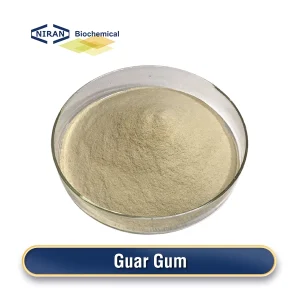What is Gelatin-Food Grade?
Gelatin-Food Grade is a peptide polymer material, a hydrolyzed product of collagen protein, with strong water absorption and high viscosity. It has many unique physical and chemical properties and high nutritional value. It is extensively employed in the printing, dyeing, culinary, and textile sectors.
The raw materials of Gelatin-Food Grade can be cowhide, pig skin or bones. After classifying and acid-soaking the chosen aggregates to extract the bone element, fat and oil are eliminated with water, and the fractured bone element is soaked in ash, rinsed with water, and neutralized. After neutralization, it is boiled into gelatin liquid.
The gelatin liquid is separated by high-speed centrifugation (to remove grease and impurities), concentrated, formed, dried and other processes to become solid gelatin.
Recommended dosage:
| Food name | Maximum usage(g/kg) |
| Jelly and fruit drinks | 5 – 20 g/kg |
| Confectionery (soft candy, chewing gum, etc.) | 10 – 30 g/kg |
| Dairy products (yogurt, ice cream, etc.) | 2 – 10 g/kg |
| Meat products (ham, sausage, etc.) | 3 – 10 g/kg |
| Sauces and seasonings | 3 – 10 g/kg |
| Beer and beverages | 1 – 5 g/kg |
| Bakery products (cakes, bread, etc.) | 5 – 20 g/kg |
| Seafood products | 3 – 10 g/kg |
| Convenience foods (frozen foods, ready meals, etc.) | 5 – 20 g/kg |
| Salad dressings and sauces | 3 – 10 g/kg |
| Biscuits and cakes | 5 – 20 g/kg |
| Hot dogs and hamburgers | 5 – 20 g/kg |
| Processed meat and poultry | 3 – 10 g/kg |
Gelatin-Food Grade has a wide range of uses
1. Thickener and gelling agent: Gelatin can form gel in water, giving food the desired structure and taste. This function is very important in making jelly, candy, juice drinks, dairy products, etc.
2. Stabilizer: Gelatin can enhance the stability of food, prevent the separation or precipitation of ingredients, and extend the shelf life of food. It is widely used in liquid products such as dairy products, beverages and juices.
3. Increase viscosity and adhesion: Gelatin can increase the viscosity and adhesion of food, improve the taste and texture of food, such as candy products such as soft candy and chewing gum.
4. Moisturizer: Gelatin can absorb and retain moisture in food, prevent food from drying and hardening, and maintain the softness and moistness of food.
5. Forming agent: When making meat products, cakes and candies, gelatin can be used as a forming agent to help maintain the shape and structure of food and enhance the overall texture of the product.
6. Nutritional supplement carrier: Gelatin can be used as a coating agent or component of capsules and tablets to manufacture oral nutritional supplements and medicines.
User asked question:
Q: Are there any alternatives to gelatin? What are the health effects?
A: In some cases, plant-based thickeners or gelling agents can replace gelatin, but their functions and effects may not be exactly the same. Gelatin itself is generally considered to have less impact on health, but some people may prefer or avoid it because of its animal origin.
Q: Can vegetarians and Muslims consume products containing gelatin?
A: Because gelatin is usually of animal origin, vegetarians and Muslims may avoid products containing gelatin, especially those that are not certified halal or vegetarian.

